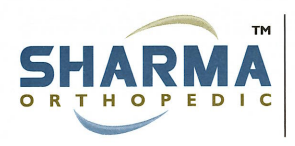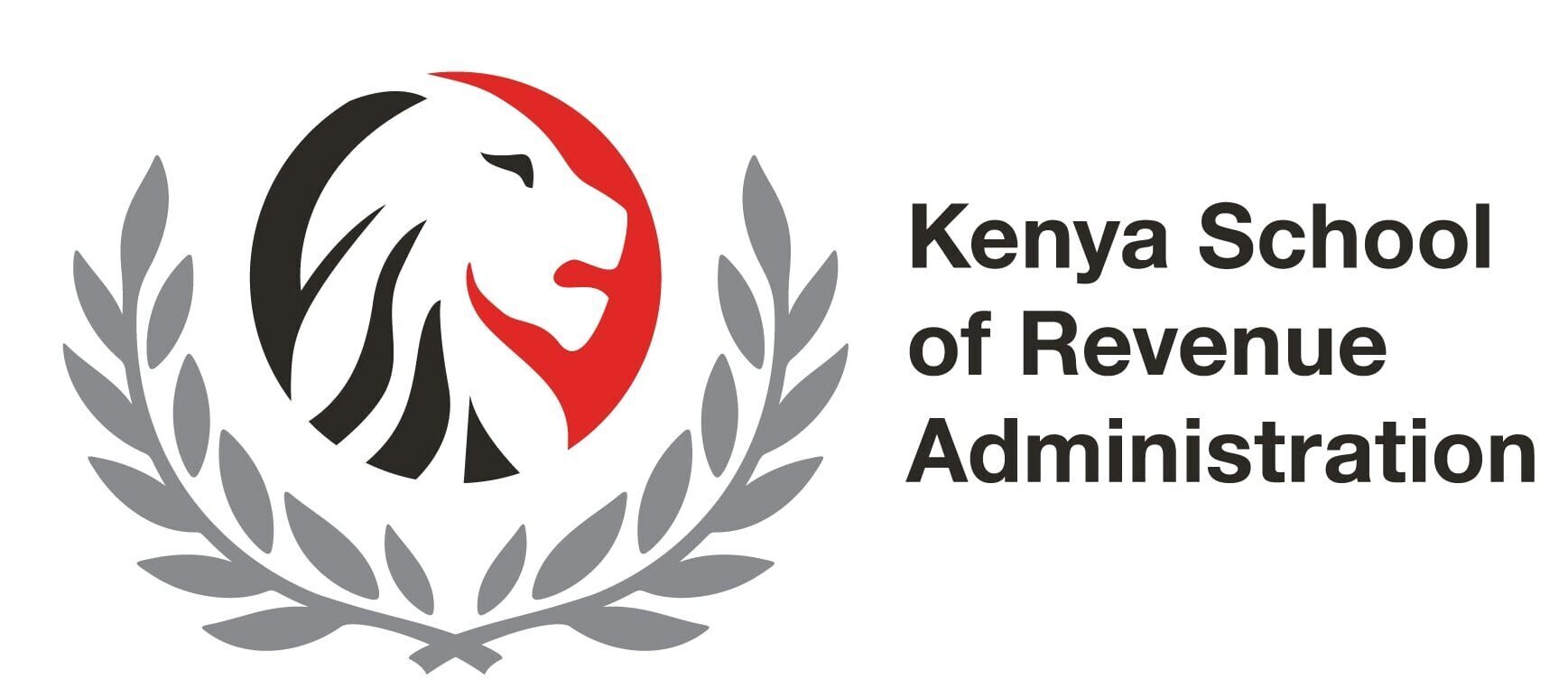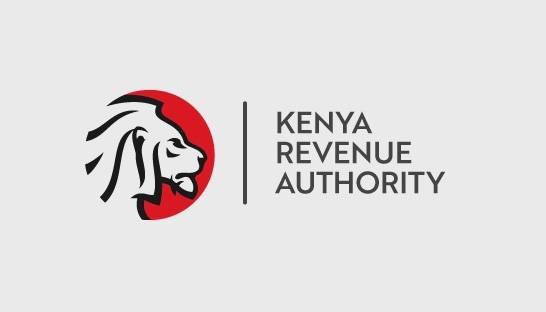The import used for comparison contains polythene laminate, which therefore alters the cost of its production. The cost due to the laminate will be very different from our import. Our import does not contain the laminate. Therefore, comparison of the two offends the rules of valuation.
12th September 2022
The Commissioner, Customs and Border Control
Kenya Revenue Authority
Times Towers
Nairobi
Dear Madam,
REF: Notice of Objection for Re-valuation of Untreated Fluff Pulp
We are writing to object to the proposed, re-valuation of untreated fluff pulp for baby diapers, imported vide Entry Number xxxxxxxx of 1st September 2022 as per section 229 of EACCMA and Section 122 of EACCMA.
Observations
1) Fluff pulps are used as a raw material in the absorbent core of personal care products such as diapers, feminine hygiene products, air-laid absorbent towelling, as such, or with superabsorbent and/or synthetic fibres. More than 80% of the pulps are used in baby diapers.
2) We have been instructed by KRA, to pay extra taxes of KShs 1,748,362 as a result of the application of USD 1900/Ton. We have declared an FOB value of USD 1,272.3/Ton.
.3) The country of origin for the declaration used to obtain KRAs price is Hong Kong, which differs with the country of origin of our import which is the US . Therefore, the comparison of prices for our import with those of Hong Kong offends the rules of Valuation.
4) The import used for comparison contains polythene laminate, which therefore alters the cost of its production. The cost due to the laminate will be very different from our import. Our import does not contain the laminate. Therefore, comparison of the two offends the rules of valuation.
5) The invoice date of the Hong Kong import is February 2022, while that of our import is July 2022. That is 150 days, which is far greater than the 90day period allowed by the rules of valuation for comparison
6) The comparative data used by KRA should be for fluff of the same quality. The importance of quality to price can easily be seen by the variation in the prices of diapers in the Kenyan market.
7) The imported fluff, weighs about, 100,396Kgs. This is the kind of quantity that would allow us to get trade discounts. KRA should take this into consideration.
8) The importer frequently imports the same kind of material at the same cost declared. There is therefore no justification for the re-valuation for this particular consignment.
Extracted below please find extracts from the WCO articles of valuation to assist in the determination of the fidelity of the re-valuation, to the Rules of Valuation.
Article 1 of the WCO Rules of Valuation
- The customs value of imported goods shall be the transaction value, that is the price actually paid or payable for the goods when sold for export to the country of importation adjusted in accordance with the provisions of Article 8.
Article 2 of the WCO Rules of Valuation
- (a) If the customs value of the imported goods cannot be determined under the provisions of Article 1, the customs value shall be the transaction value of identical goods sold for export to the same country of importation and exported at or about the same time as the goods being valued.
(b) In applying this Article, the transaction value of identical goods in a sale at the same commercial level and in substantially the same quantity as the goods being valued shall be used to determine the customs value. Where no such sale is found, the transaction value of identical goods sold at a different commercial level and/or in different quantities, adjusted to take account of differences attributable to commercial level and/or to quantity, shall be used, provided that such adjustments can be made on the basis of demonstrated evidence which clearly establishes the reasonableness and accuracy of the adjustment, whether the adjustment leads to an increase or a decrease in the value.
- If, in applying this Article, more than one transaction value of identical goods is found, the lowest such value shall be used to determine the customs value of the imported goods.
Article 3 of the WCO Rules of Valuation
- (a) If the customs value of the imported goods cannot be determined under the provisions of Articles 1 and 2, the customs value shall be the transaction value of similar goods sold for export to the same country of importation and exported at or about the same time as the goods being valued.
(b) In applying this Article, the transaction value of similar goods in a sale at the same commercial level and in substantially the same quantity as the goods being valued shall be used to determine the customs value. Where no such sale is found, the transaction value of similar goods sold at a different commercial level and/or in different quantities, adjusted to take account of differences attributable to commercial level and/or to quantity, shall be used, provided that such adjustments can be made on the basis of demonstrated evidence which clearly establishes the reasonableness and accuracy of the adjustment, whether the adjustment leads to an increase or a decrease in the value.
- If, in applying this Article, more than one transaction value of similar goods is found, the lowest such value shall be used to determine the customs value of the imported goods.
Article 5 of the WCO Rules of Valuation
- (a) If the imported goods or identical or similar imported goods are sold in the country of importation in the condition as imported, the customs value of the imported goods under the provisions of this Article shall be based on the unit price at which the imported goods or identical or similar imported goods are so sold in the greatest aggregate quantity, at or about the time of the importation of the goods being valued, to persons who are not related to the persons from whom they buy such goods, subject to deductions for the following :
(i) either the commissions usually paid or agreed to be paid or the additions usually made for profit and general expenses in connection with sales in such country of imported goods of the same class or kind.
(ii) the usual costs of transport and insurance and associated costs incurred within the country of importation.
(iii) where appropriate, the costs and charges referred to in paragraph 2 of Article 8; and
(iv) the customs duties and other national taxes payable in the country of importation by reason of the importation or sale of the goods.
(b) If neither the imported goods nor identical nor similar imported goods are sold at or about the time of importation of the goods being valued, the customs value shall, subject otherwise to the provisions of paragraph 1 (a), be based on the unit price at which the imported goods or identical or similar imported goods are sold in the country of importation in the condition as imported at the earliest date after the importation of the goods being valued but before the expiration of 90 days after such importation.
- If neither the imported goods nor identical nor similar imported goods are sold in the country of importation in the condition as imported, then, if the importer so requests, the customs value shall be based on the unit price at which the imported goods, after further processing, are sold in the greatest aggregate quantity to persons in the country of importation who are not related to the persons from whom they buy such goods, due allowance being made for the value added by such processing and the deductions provided for in paragraph 1 (a).
Article 7 of the WCO Rules of Valuation
- If the customs value of the imported goods cannot be determined under the provisions of Articles 1 through 6, inclusive, the customs value shall be determined using reasonable means consistent with the principles and general provisions of this Agreement and of Article VII of GATT 1994 and on the basis of data available in the country of importation.
- No customs value shall be determined under the provisions of this Article on the basis of :
(a) the selling price in the country of importation of goods produced in such country.
(b) a system which provides for the acceptance for customs purposes of the higher of two alternative values.
(c) the price of goods on the domestic market of the country of exportation.
(d) the cost of production other than computed values which have been determined for identical or similar goods in accordance with the provisions of Article 6;
(e) the price of the goods for export to a country other than the country of importation.
(f) minimum customs values; or
(g) arbitrary or fictitious values.
- If the importer so requests, the importer shall be informed in writing of the customs value determined under the provisions of this Article and the method used to determine such value.
Article 16 of the WCO Rules of Valuation
Upon written request, the importer shall have the right to an explanation in writing from the customs administration of the country of importation as to how the customs value of the importer’s goods was determined.
The following considerations should be upheld in the determination of the transaction value.
1) The Transaction value forms the basis of the customs value with additions of Article 8
2) The period of consideration when considering values of identical or similar imported goods should be 90 days
3)The country of origin for any imported goods used for value comparison should be China
4)KRA should not consider, the higher of two values during customs value determination.
5)KRA should not consider the price of goods on China’s domestic market
6)KRA should not consider a set of Minimum Values in the determination of the Transaction value
7)KRA should not consider arbitrary values in the determination of values
8)KRA should not use the selling price in the Kenya of goods produced in this country.
9)The goods being considered for value determination should be from China, if those from the same consignor are not available
10) The goods being considered for value determination should be adjusted for commercial and quantity consideration
Please take note of the definition of Identical and Similar Goods, because it is very important in the determination of which imports should be used to determine a value for our Imports
(a)Identical goods: means goods which are same in all respects, including physical characteristics, quality, and reputation. Minor differences in appearance shall not preclude goods otherwise conforming to the definition from being regarded as identical.
(b)Similar goods means goods which, although not alike in all respects, have like characteristics and like component materials which enable them to perform the same functions and to be commercially interchangeable. The quality of the goods, their reputation and the existence of a trademark are among the factors to be considered in determining whether goods are similar.
(c) Goods shall not be regarded as identical goods or similar goods unless they were produced in the same country as the goods being valued.
(d) Goods produced by different persons shall be considered only when there are no identical goods or similar goods, as the case may be, produced by the same person as the goods being valued.
Attached please find the commercial invoice, packing List, SWIFT money transfer as supporting documents for the Transaction Value.
We therefore request for a written response and verifiable reasons, including declarations used for the re-valuation of the imported goods as per section 122(2) of EACCMA and Article 16 of the WCO Rules of Valuation or otherwise set aside the re-valuation.
Yours faithfully
Janron Consult
—————————————————————————————————————————
Janron Consult, Tax Consultant Kenya, Customs Tax Consultant Kenya, Tax Advisory Kenya
Talk to Janron Consult for the following:
-
Ministry of Health Exemptions
-
Treasury Exemptions
-
Advance Ruling Application to KRA
-
Objection to KRA Rulings on Customs Value
-
Objections to KRA Rulings on HS Classification
-
Objection to KRA Rulings on Customs Value
-
Objections to KRA Rulings on HS Classification








